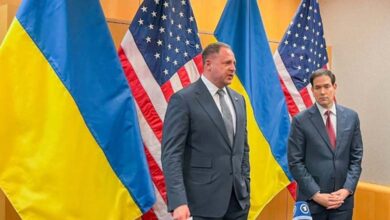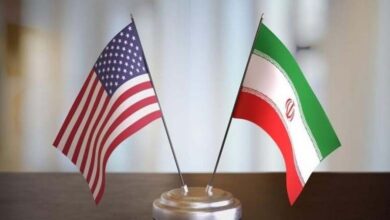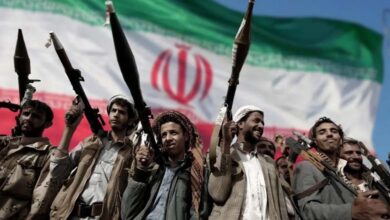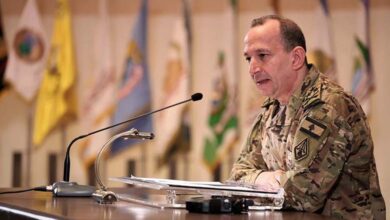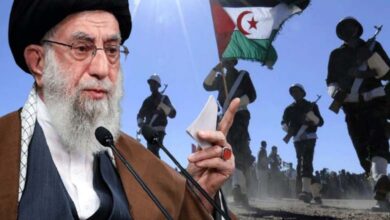Libya at the heart of talks between Sisi Qais Said
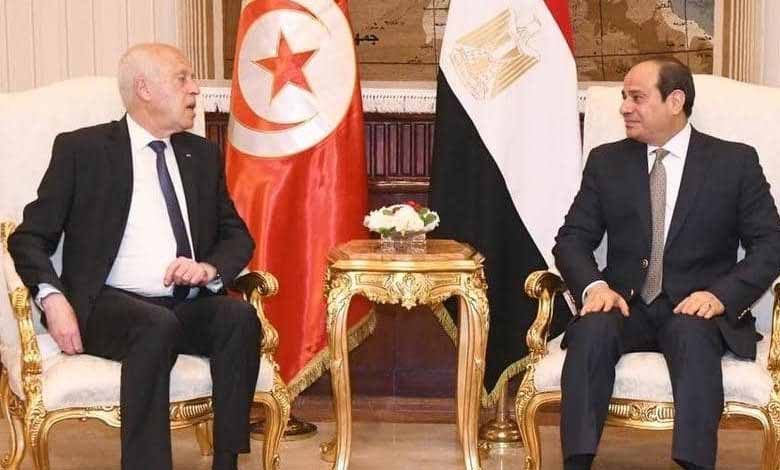
A report published by the French magazine “John Afrique” on Friday confirmed that Libya and its reconstruction will be at the heart of talks between Egyptian President Abdel Fattah Al-Sisi and Tunisian President Kais Saied, who arrived in Cairo today, for a visit that will last until Sunday.
The magazine report said : “Investment and the opening of shipping lanes will certainly be on the agenda of the Al-Sisi and Said talks, but they will devote their special attention to the Libyan situation that is of great concern to both countries.”
“On April 6, the Tunisian President received Najlae Mangoush, Foreign Minister of the Libyan Government of National Unity; “to discuss ways to diversify the bilateral partnership, a subject also close to the heart of Egypt, where fear is high in all of Libya’s neighboring countries that international powers may seize Libya’s spoils by dividing up land and deals.”
Libyan expert Rafie Tayeb commented on the fears of North African countries that there would be a partition of Libya or a push for federalism, saying that “the formation of a new government in Tripoli tasked with leading the country to elections in December 2021 has eased the fears of Egypt and Tunisia to some extent.”
According to “John Afrique : “Egypt is looking to Libya’s huge reconstruction market and is counting on Tunisia to join its side”.
“In March, the Libyan embassy in Cairo announced an agreement with Egypt to facilitate the entry of Egyptian workers into Libya, while Tunisia will be able to provide labor and construction materials”.
The magazine said in its report: Only Tunisia, which seeks to protect its border with Libya from infiltration by extremist elements, will benefit stability and reconstruction in Libya.
“The Tunisian president spoke with his Egyptian counterpart by phone on March 27 and assured him during the call of Tunisia’s support for Egypt in the case of the Nahda dam, which is being built by Ethiopia on the Nile River,” he said.
According to the magazine, Qais Said, whose authority extends to foreign policy, “gained confidence and practiced a foreign policy that is emancipated from every ideology.”
The report noted that “relations between the two countries witnessed a gap with the ouster of Mohamed Morsi and the Muslim Brotherhood from power in 2013, when the Islamist Ennahda Party in Tunisia boycotted Al-Sisi.”






